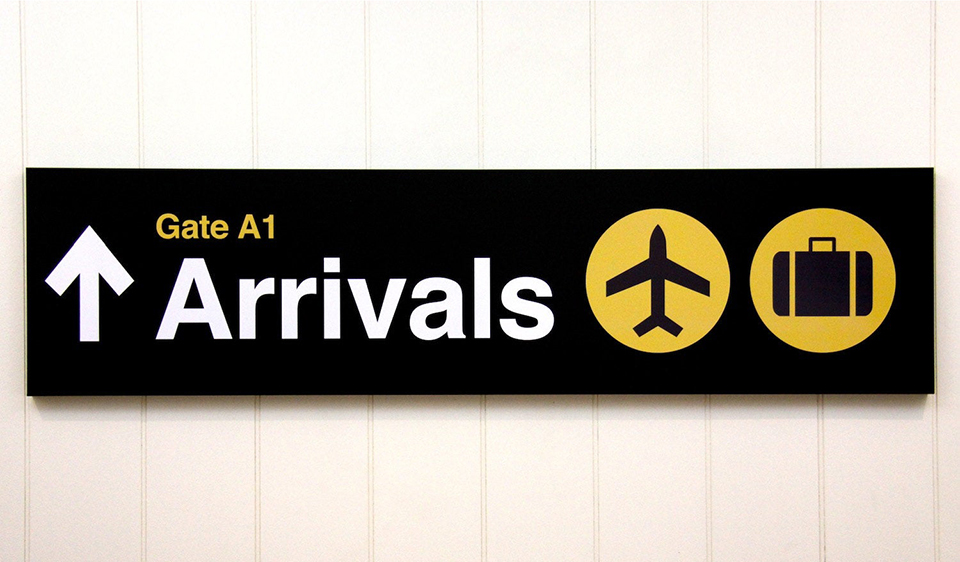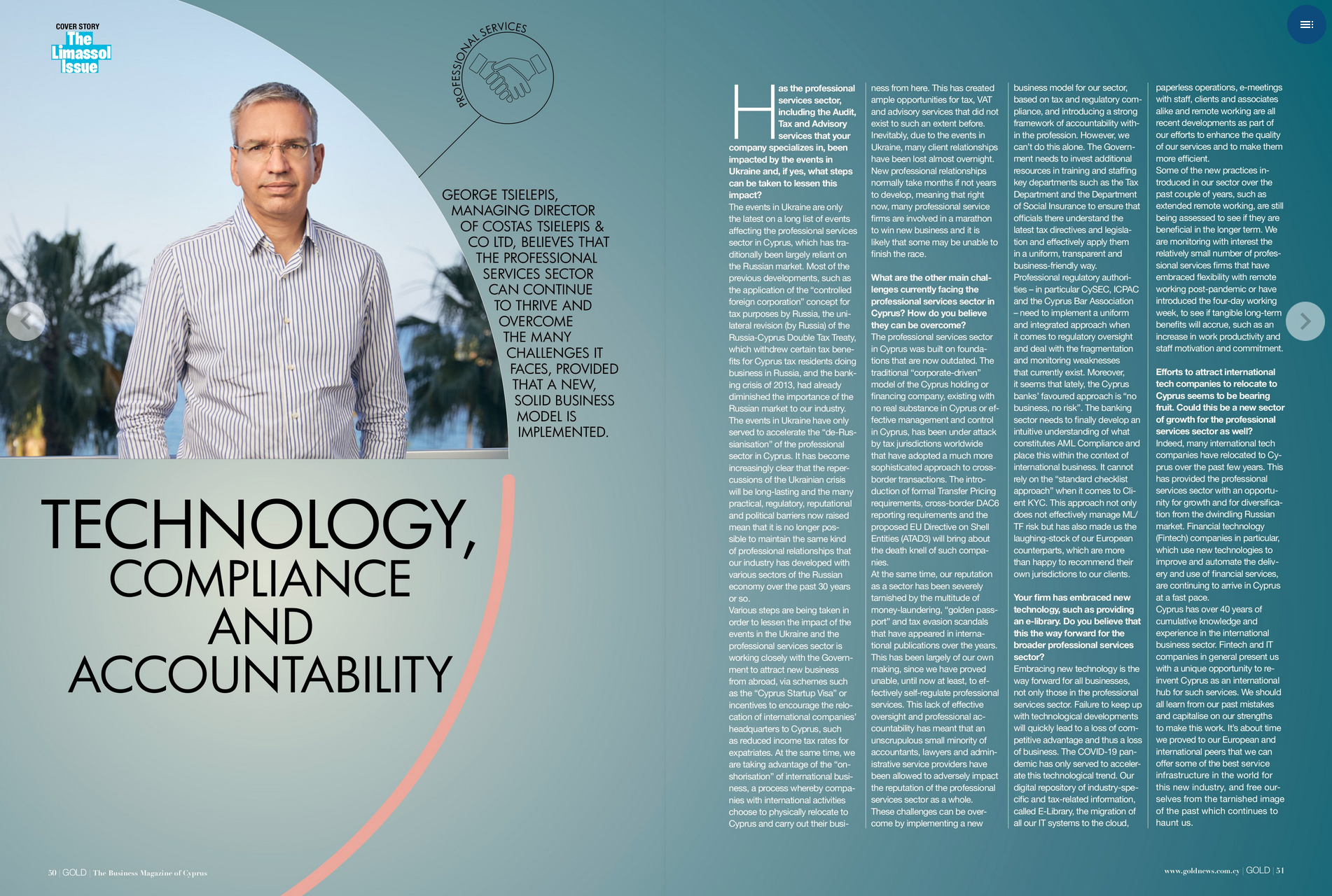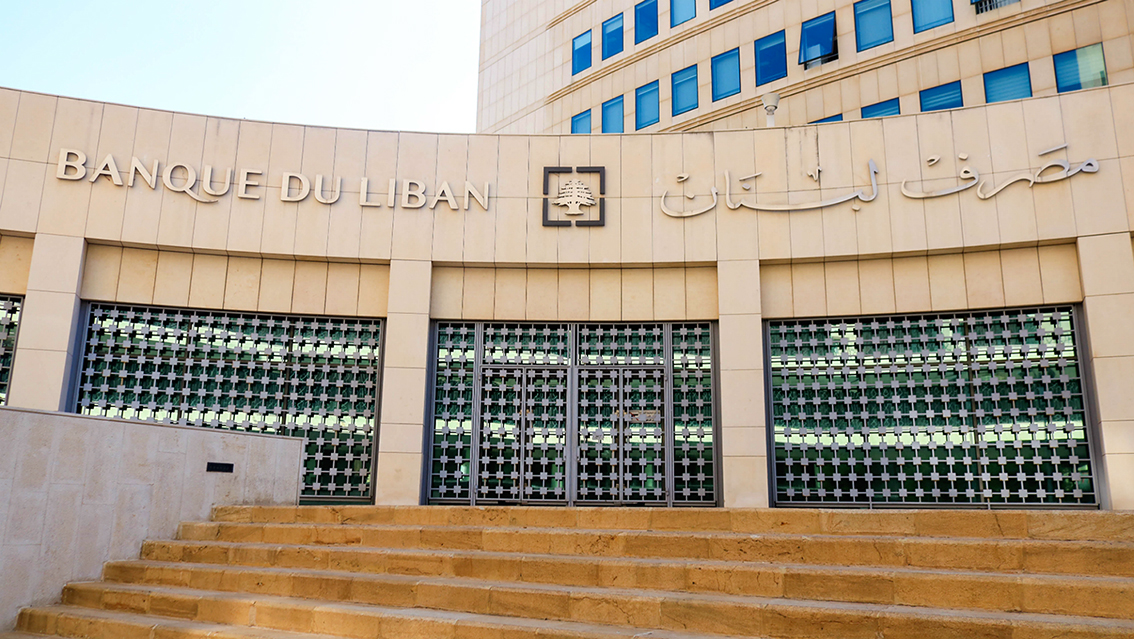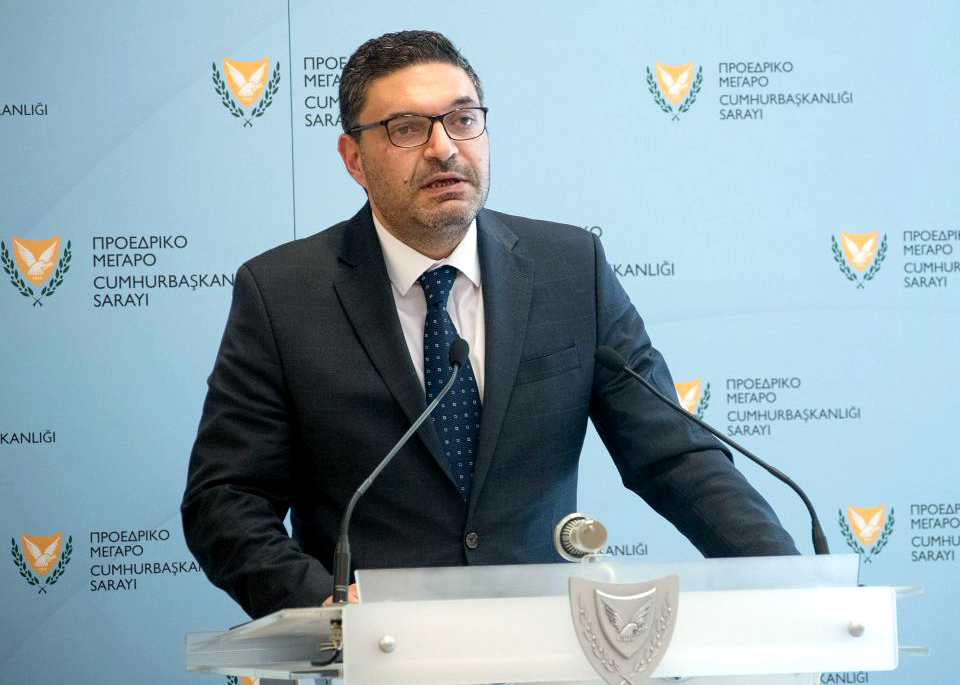Nicosia - The arrivals of tourists in Cyprus reached 372,324 in June 2022 compared to 184.159 in June 2021, recording an increase of 102.2%, according to data published by the Statistical Service of Cyprus this week. For the period of January – June 2022, arrivals of tourists totalled 1,221,382 compared to 340,984 in the corresponding period of 2021, 255,675 in the period of January – June 2020 and 1,631,023 arrivals in the period of January – June 2019. Arrivals from the United Kingdom were the main source of tourism for June 2022, with a share of 41.8% (155,703) of total arrivals, followed by Israel with 7.3% (27,288), Poland with 5.8% (21,445), Germany with 5.6% (20,906), Sweden with 5.0% (18,478) and Greece with 3.9% (14,435). For a percentage of 82.0% of tourists, the purpose of their trip in June 2022 was holidays, for 10.9% to visit to friends and relatives and for 7.0% business. Respectively, in June 2021, 82.8% of tourists visited Cyprus for holidays, 10.9% visited friends or relatives and 6.3% visited Cyprus for business reasons. At the same time, tourist arrivals in Cyprus so far in 2022 are at 75% compared to 2019, said Deputy Minister of Tourism, Savvas Perdios, pointing out that in the context of the current challenges the industry is facing, that percentage is “not bad at all.” Perdios noted that 2019 was a record year for tourism, with more than 4 million arrivals. “So far, we are satisfied,” he said, “and compared to 2021, we are in a much better position.” He added that last year ended at about 50% compared to 2019 and the aim is to exceed last year’s results. There is reserved optimism for the remainder of the year, said Perdios and from what it looks like July, August and September will be very good. On the losses from the Russian market, Perdios mentioned that they amount to 800.000 tourism arrivals, which cannot be replaced overnight.











